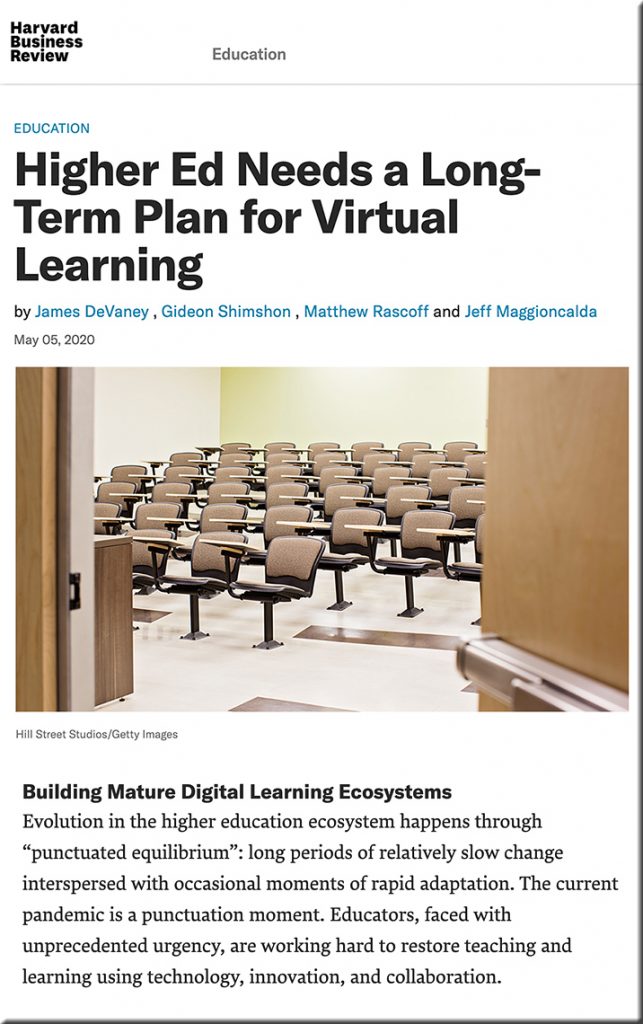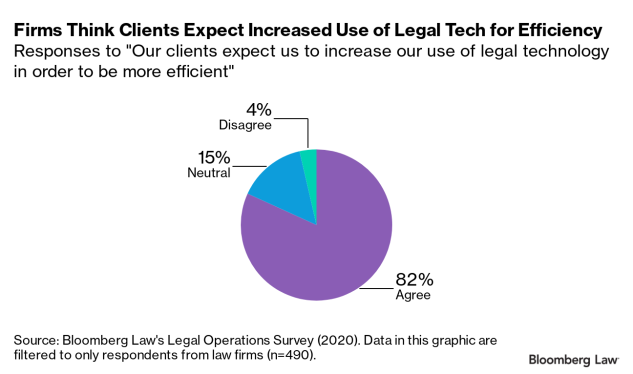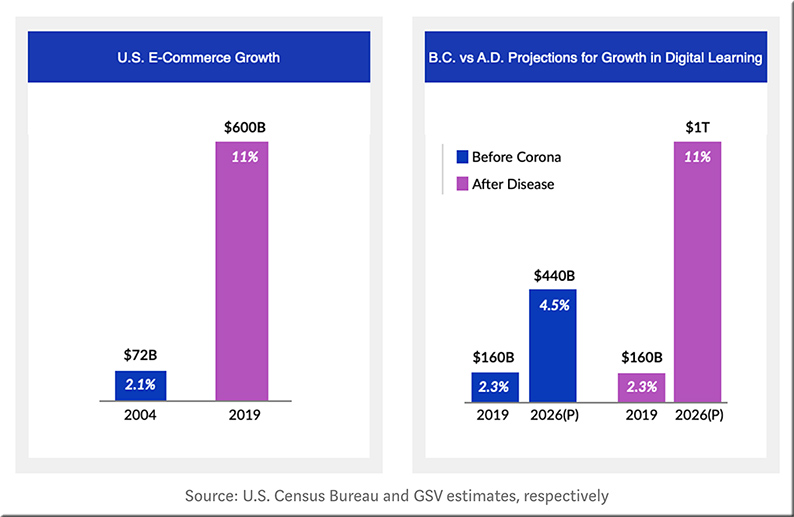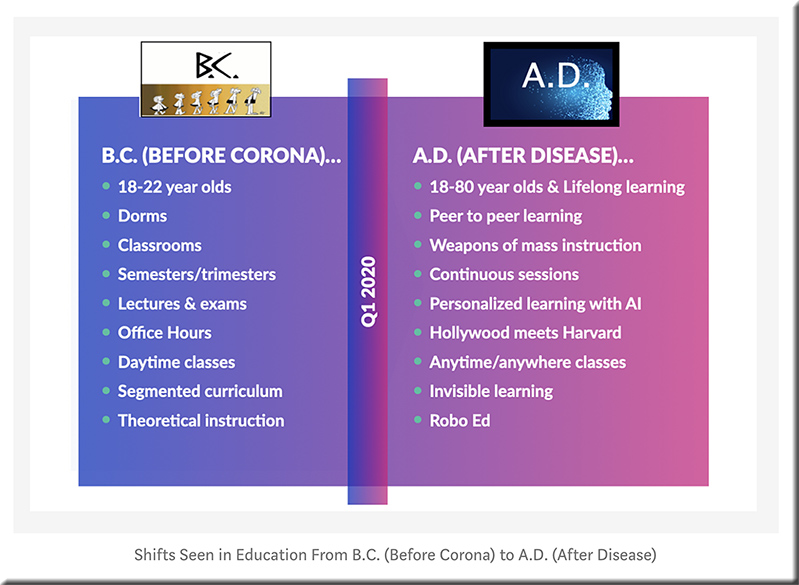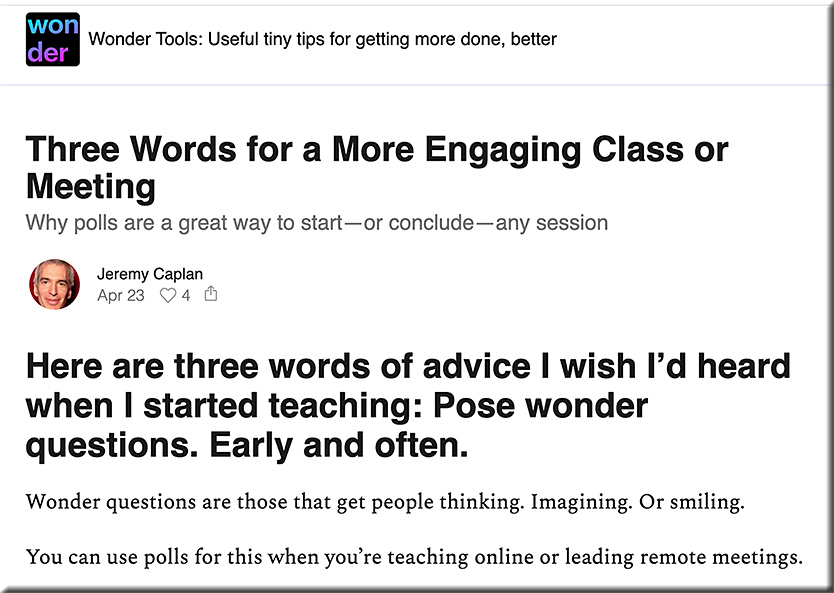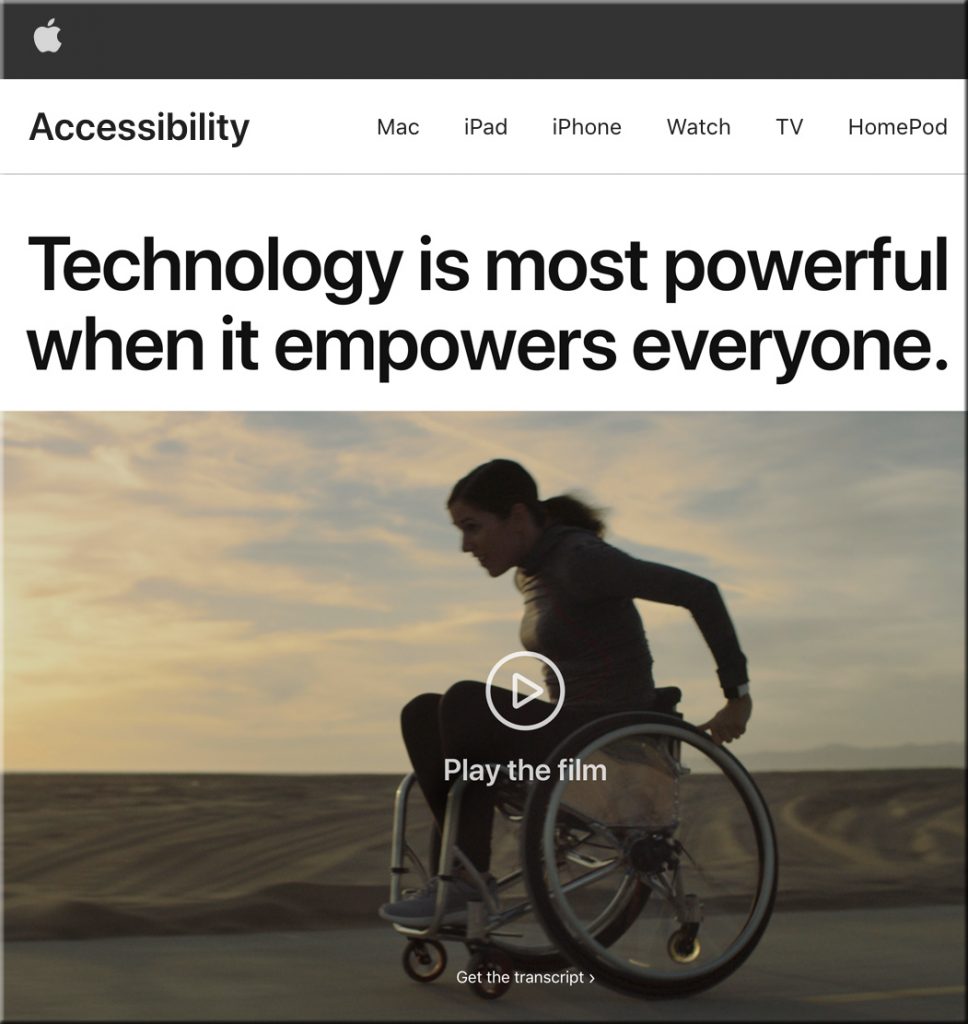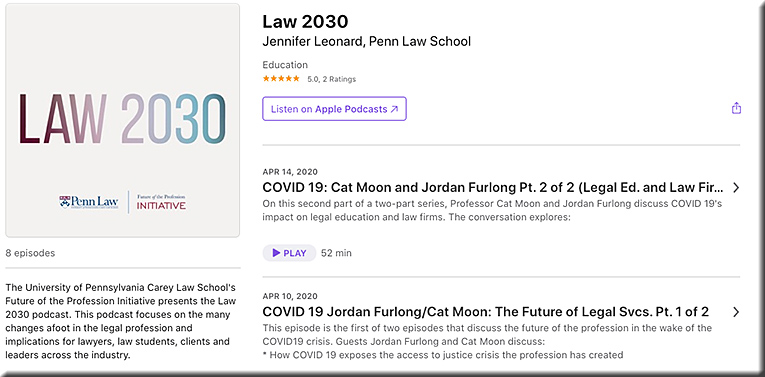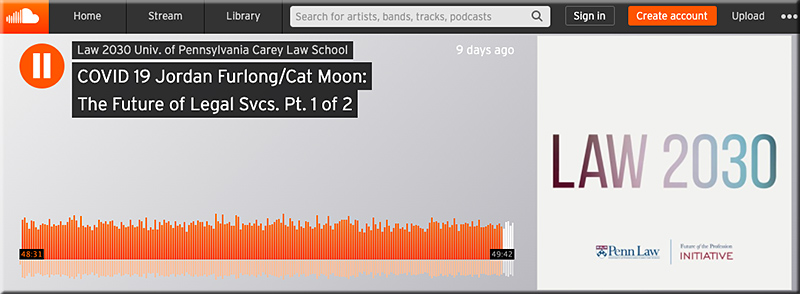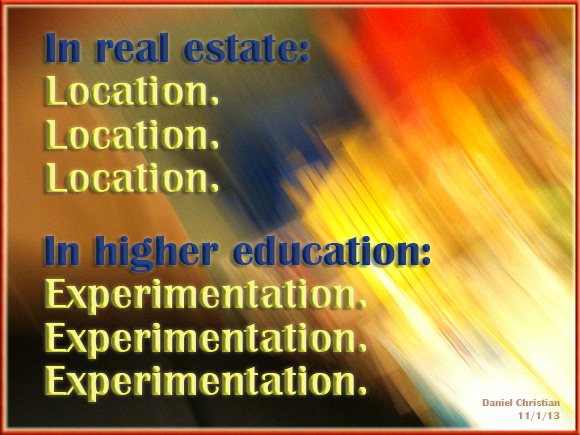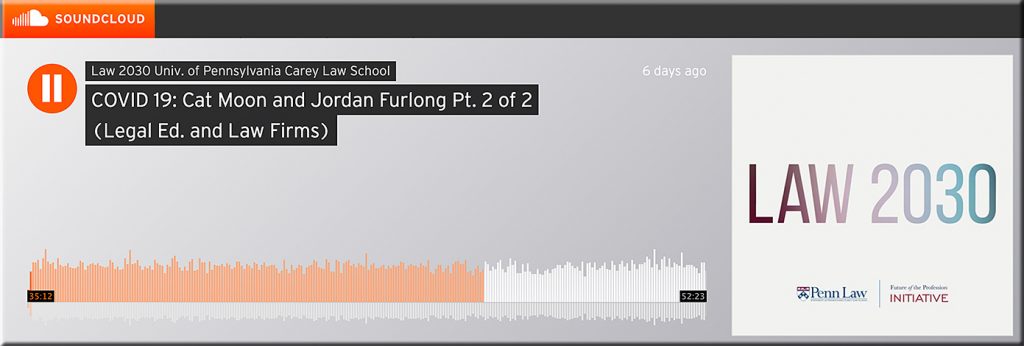EDUCAUSE COVID-19 QuickPoll Results: The Technology Workforce — from er.educause.edu by Susan Grajek
Excerpts:
Most of the survey respondents are working remotely and getting their work done. Although the work itself hasn’t changed much, workloads have increased, especially for IT leaders and people supporting teaching and learning. Most people have the technologies they need to work and to handle sensitive data, but many are struggling to maintain their physical, social, and emotional health. On the other hand, the newfound widespread ability to work productively from home is a silver lining, and respondents hope it can continue after the severe isolation of the pandemic eases.
Higher education institutions have had to change their cultures abruptly. Many respondents observed faster decision-making, greater focus, more collaboration, and more willingness to experiment and innovate.
The toothpaste is out of the tube: remote work works and should continue.
…
Greater compassion and support for work-life balance increases workforce engagement.
…
Values to keep: focus, communication, collaboration, and transparency.
…
The pandemic is accelerating digital transformation.
From DSC:
My health and work/family balance has been impacted, big time. A double whammy for me was that our local YMCA’s all closed down while the workloads increased even more. But as someone said, our ancestors had to deal with a lot worse than this with WWI and WWII, other wars/societal impacts, etc.
I, too, hope to be able to work more from home even after our workplaces are no longer off-limits. I get a lot done, my energy is better (not having to commute 2+ hours a day), my productivity to my employer has increased due to not having to commute –> the time I was in the car is time they get productivity-wise.









